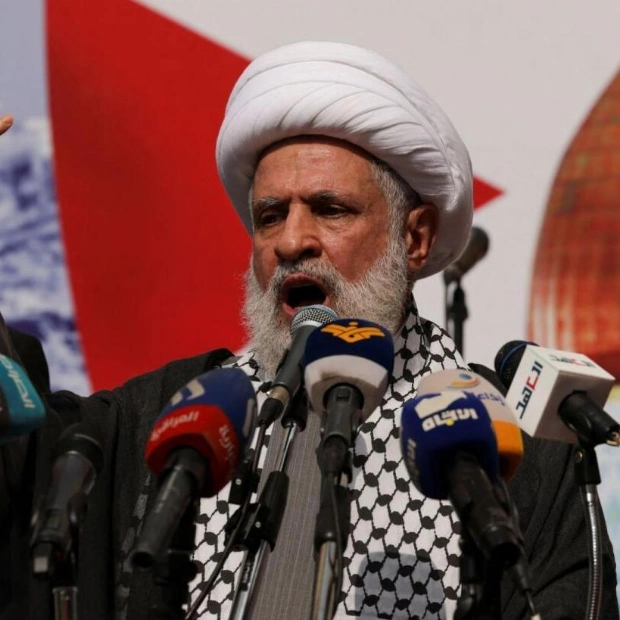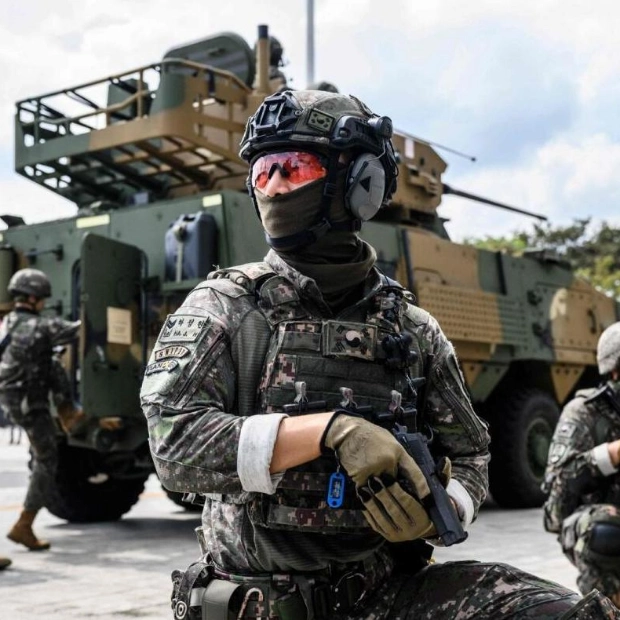Director: Vasan Bala
Cast: Alia Bhatt, Vedang Raina, Akansha Ranjan Kapoor, Manoj Pahwa
Rating: 2.5
The brother-sister dynamic has long been a staple in Hindi cinema. During the lackluster 80s and 90s, the sister's role often involved being sexually assaulted to fuel her brother's quest for vengeance, with the rakhi symbolizing the necessary motivation. Today's heroine, however, doesn't require a man's protection. Instead, she can confront the world's evils to save her brother. Alia Bhatt's Jigra, produced by Karan Johar and directed by Vasan Bala, exemplifies this role reversal, where the sister is prepared to ignite the universe to rescue her distressed brother.
Does it succeed? The short answer: No.
After two hours, one questions the purpose of Jigra. Is it a story of extreme love and sacrifice, where an individual disregards ethics to protect a sibling? Is it a moral versus justice narrative? A thriller about a daring prison escape? An action drama with intense, nail-biting moments leading to a shocking escape? Jigra aims to be all these and more, but it falls short.
Satya (Bhatt) and Ankur (Vedang Raina) are siblings who witness their father's suicide. The trauma leaves them scarred, with Satya becoming the protector and guardian to her brother. She grows into a grumpy karate expert, while Ankur becomes a brilliant but socially awkward coder. A twist of fate and selfish relatives lead to Ankur being falsely accused in a drug case on the fictional island of Hanshi Dao, resulting in severe imprisonment and imminent execution. Satya, the avenging angel, swiftly arrives, determined to move heaven and earth to free her brother. She assembles a team, including a retired gangster, Bhatia (Manoj Pahwa), and a former prison guard, Muthu (Rahul Ravindran), each with personal motives for joining the cause.
Jigra suffers from a classic second-half slump, undoing the initial good work. The story is predictable, but the first 20 minutes draw you in. Satya's stoic demeanor, with controlled rage, and Ankur's troubled state make you curious about their relationship and its impact. The filmmaker avoids delving too deep, which is acceptable, as this isn't a relationship-focused film. However, there are charming moments, like when Satya coaxes Ankur into playing basketball to strengthen their bond.
When the action shifts to Hanshi Dao, the film's tone changes. The transition isn't jarring, and sequences showing Satya's stress to rescue her brother are gripping. However, the thrilling rescue act unravels due to a convenient screenplay, making the prison break seem effortless. The final 20-30 minutes stretch into an overlong climax where petite Satya transforms into Rambo and Spiderman, executing perfect landings and defeating numerous policemen.
Watching Jigra is akin to a roller coaster ride. It starts steady, takes you on a high, then plummets, never reaching the initial promise. The film lacks humor, but a meta reference to a prison roll call with names like John Woo and Wong Kar-wai elicited a chuckle. The actors, especially Bhatt and Raina, keep the film watchable. Bhatt's pain and angst are palpable, and she convinces in action scenes despite the lackluster choreography. Raina, seen in The Archies last year, shows immense promise. Manoj Pahwa, as always, steals every scene. Vivek Gomber as the devious jailer also deserves mention.
Bala, an exciting filmmaker from the Anurag Kashyap school, has directed quirky films like Mard Ko Dard Nahi Hota and Monica, O My Darling. As a writer, his credits include Raman Raghav 2.0 and Bombay Velvet. In Jigra, he fails to balance a mass commercial thriller with an intimate, intense relationship tale. Despite clever elements like old Hindi music during intense action scenes and stylized cinematography, the film doesn't come together cohesively.
Jigra evoked memories of 90s films. Fans might recall Gumraah, starring Sridevi, Sanjay Dutt, and Rahul Roy, where Sri plays an innocent singer implicated in a Hong Kong drug scandal by a lover. Sanjay Dutt must execute a daring rescue from a menacing prison. The two films are vastly different, but Satya should have contacted Sanjay; her mission would have been more enjoyable.






